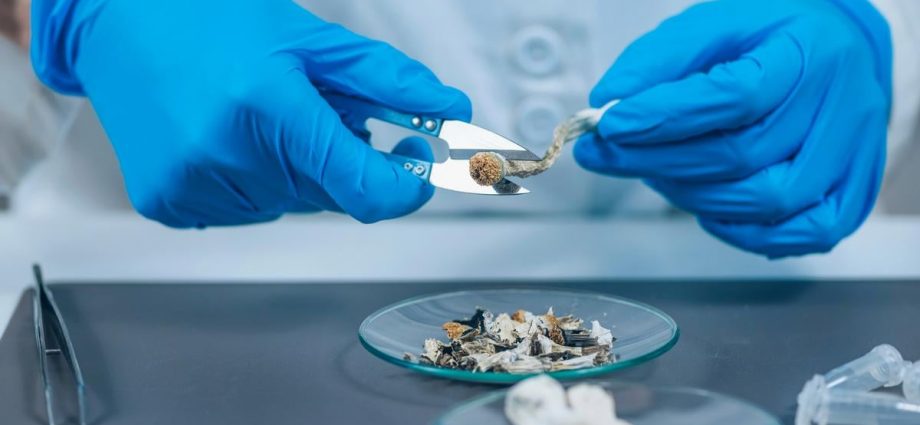MONDAY, Sept. 23, 2024 (HealthDay News) — Psilocybin, the active ingredient in magic mushrooms, appears to ease depression symptoms at least as well as one of the most commonly used antidepressants, a new clinical trial shows.
Patients showed significant improvement in their depressive symptoms after taking either a single dose of psilocybin or a six-week course of the SSRI antidepressant escitalopram (Lexapro), researchers reported Sept. 21 in the journal Lancet eClinicalMedicine1. They also presented the findings at the European College of Neuropsychopharmacology’s annual meeting in Milan.
However, patients given psilocybin also reported additional long-term benefits, including a greater sense of meaning in life and better psychological connectedness to others.
“Both treatments led to comparable improvements in alleviating symptoms of depression at the six-week mark, such as sadness and negative emotions,” said lead researcher Tommaso Barba, a doctoral candidate with Imperial College London in the U.K.
“However, this work shows that psilocybin outperformed escitalopram in several measures of well-being, meaning in life, work and social functioning,” Barba said in a journal news release. “These results appeared to be maintained over a six-month follow-up period.”
SSRI antidepressants like Prozac, Paxil and Zoloft are one of the main types of drugs used to treat depression, researchers said. However, about a third of patients don’t respond to treatment.
“SSRIs work well, but not for everyone. They are also associated with some side effects,” Barba said. “This work implies that psilocybin generally seems to offer a real alternative, and perhaps additional benefits, to people who are worried about taking conventional antidepressants.”
For the clinical trial, researchers recruited 59 patients with severe depression and assigned 30 to undergo a single psilocybin therapy session. The other 29 were prescribed escitalopram for six weeks.
Up to six months later, patients in both groups showed similar improvements in their depression symptoms, researchers said.
But only psilocybin produced additional benefits regarding well-being and meaning in life, they added.
“This is important because improving connectedness and having greater meaning in life can significantly enhance a person’s quality of life and long-term mental health,” said senior researcher Dr. David Erritzoe, clinical director of the Center for Psychedelic Research at Imperial College London.
“The study suggests that psilocybin therapy might be a more holistic treatment option for depression, addressing both the symptoms of depression and overall well-being,” Erritzoe added. “This could make a substantial difference in the overall happiness and daily activities of those suffering from depression, providing a more joined-up approach to mental health treatment.”
However, Erritzoe cautioned that psilocybin is still an experimental drug that’s administered in highly controlled environments, so people shouldn’t try using magic mushrooms to self-medicate at home.
“These precautions are not found in recreational psychedelic use, which is known for having unpredictable and potentially harmful effects, especially for vulnerable people struggling with mental health issues,” Erritzoe said.
Johan Lundberg, an adjunct professor of psychiatry with the Karolinska Institute in Stockholm, Sweden, agreed with Erritzoe’s caution regarding psilocybin use.
“For now, we don’t know if psilocybin will be approved for the treatment of major depression, but if so, it won’t be for everyone,” said Lundberg, who was not involved in the research. “Some future patients might prefer psychedelic treatment over SSRI, but some patients may be intimidated by the dramatic alterations in perception and confrontations with challenging emotions that psychedelic drugs promote.”
More information
Johns Hopkins Medicine has more on psychedelic research.
SOURCE: European College of Neuropsychopharmacology, news release, Sept. 21, 2024
Copyright © 2026 HealthDay. All rights reserved.

